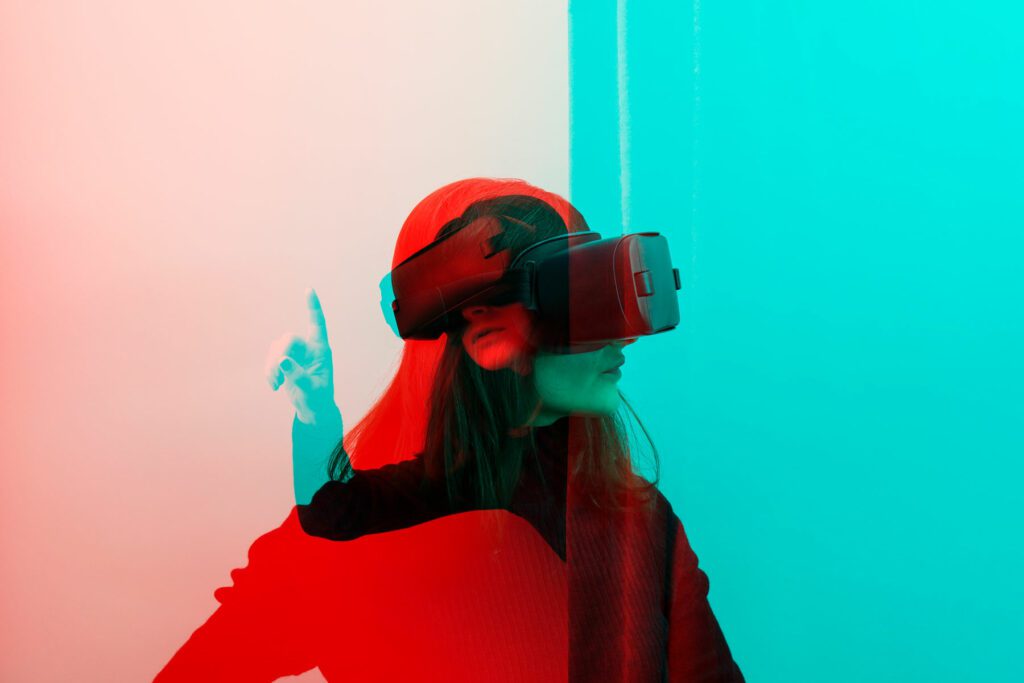Author
Where do AI innovations stand in the realm of patent law?
The question of whether computer programs can be patented has been a frequent challenge for the Court of Appeal. The Court recently revisited the issue in the context of Emotional Perception’s application to patent trained AI-Neural Networks (ANN) for music recommendations, in the case of, Comptroller – General of Patents, Designs and Trade Marks v Emotional Perception Ai Limited.[1]
The law
Under the Patents Act 1977 s.1(2)[2], ‘a program for a computer … as such’ is excluded from patent protection. In Emotional Perception’s case, the Court of Appeal overturned the decision of High Court and ruled that ANNs are “computer programs” just like any other computer implemented invention meaning that unless they can demonstrate a ‘technical contribution’, ANNs cannot be patented.
Background
Emotional Perception AI Ltd sought a patent for its system using ANNs to recommend music tracks tailored to its listeners’ emotions and mood at the time.
While platforms like, Spotify and Apple Music use AI-powered recommendation systems which personalise music based on pervious listening history, ANNs are able to categorise music into genres, mood, and playlists, creating a new level of depth for the listener.
The Emotional Perception system uses ANNs trained using datasets, to analyse and adjust the output until the desired output is achieved. Once trained, music is then passed through the ANN which generates its suggestions for the listener.
In June 2022 the Hearing Officer, Deputy Director Phil Thorpe for the Comptroller, rejected the application on the basis that the subject matter was excluded from patentability by s1(2). However, in November 2023 Sir Anthony Mann, sitting as a judge of the High Court, allowed the appeal holding that no computer program was involved at all, at least for a hardware implemented artificial neural network, and therefore the exclusion had no application.
The Court of Appeal restored the original decision holding that ANNs are not patentable highlighting that:
“…ANN implemented inventions are in no better and no worse position than other computer implemented inventions”.
The issues which the Court of Appeal considered were as follows:
- What defines a computer program?
- Can ANNs be distinguished from a computer program?
- Can ANNs be seen to make a technical contribution beyond mere functionality?
Lord Justice Birss explained that a computer program is “a machine that processes information” and a computer program is “a set of instructions for a computer to do something”.[3] The Court determined that Emotional Perception AI’s system fitted the former definition, in that ANNs, however they might have been implemented (hardware or software), are a machine for processing information. The judgment emphasised that the system’s development through training the ANNs rather than directly programming them is common among many programs.
The ANN is trained using “weights and biases” which are adjusted accordingly to achieve the desired output. While this training process does not follow the traditional logic of programming (giving a computer explicit step-by-step instructions), it does not change the fact that these weights guide the machine’s behaviour, making them comparable to a computer program.
This training process was seen by the Court as merely a method of creating the program and not a technical contribution itself. Additionally, recommending a particular file was viewed as “the presentation of information,”[4] which is not patentable on its own. The Court concluded that the unique features of an ANN did not alter the determination that there was no technical effect, focusing instead on the system’s purpose: recommending music tracks.
Comments
The previous High Court ruling broadened the scope for patenting AI systems by determining that the ANN functioned at a level distinct from the software running on the computer. This meant that the computer’s operation was driven by the ANN itself and thus was not covered by the exclusion under section 1(2)(c) of the Patents Act 1977. So important was the High Court decision that the UK Intellectual Property Office (UKIPO) released new guidance ,[5] (now suspended) for examining patent applications relating to artificial intelligence.
So what does the Court of Appeal decision mean for those people operating in the field of AI and ANNs?
First, the decision does not automatically render systems using ANNs unpatentable. Instead, systems using ANNs are evaluated on the same basis as any other computer programs, with the key factor being whether they provide a significant technical contribution.
What lies ahead?
Emotional Perception AI Ltd has sought leave to appeal to the Supreme Court. As such, the final outcome of this case is yet to be determined.[6]
If leave is granted, will the Supreme Court decide the case any differently? We do not think so.
The Court of Appeal decision was written to provide clarity around the “computer program” exclusion which is already complicated by the many cases where the “as such” proviso has been applied. The Supreme Court may wish to look at the Court of Appeal’s broad interpretation which treated ANNs as “computer programs” regardless of whether they are implemented in hardware or software. Regardless of this, we believe that the Supreme Court will regard the bigger question as to whether ANNs should fall outside the patentability exclusion as something best left for the legislators.
Thus this leaves the wider question: Is it time to consider a more principle-based regulatory approach that can keep up with the rapid advancement of AI technologies?
Our specialist Intellectual Property team can help you navigate the complexities of regulation alongside the patentability of AI inventions to ensure that your AI innovations are protected effectively.
[1] Comptroller – General of Patents, Designs and Trade Marks v Emotional Perception Ai Limited [2024] EWCA Civ 825.
[2] Patents Act 1977 Pt I s.1(2).
[3] Comptroller – General of Patents, Designs and Trade Marks v Emotional Perception Ai Limited [2024] EWCA Civ 825 [66].
[4] Ibid [75].
[5] Guidelines for examining patent applications relating to artificial intelligence (AI) – GOV.UK (www.gov.uk)
[6] https://www.lexology.com/library/detail.aspx?g=584975cf-f4a2-4da2-a8ee-c2b757a0c03b
Print article

